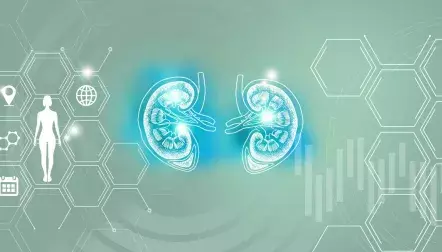
Advantages and disadvantages of participating in clinical trials
Possible benefits to participants:
- Gain access to new and possibly effective treatments or medicine available only to those participating in the trial
- Gain focused health care for a particular disease or health condition
- Learn more about your disease or health condition
- Have the chance to help society and other people with your disease or health condition by contributing to medical research
- Getting paid, in some cases
Possible disadvantages to participants:
- You may have more health visits than you would have with your regular personal doctor
- You may spend more money than usual for traveling for the visits, special medicines and medical tests that are not covered by your health insurance
- The study treatment or medicine may not make you feel better
- In rare cases, there may be negative, or serious side effects from the study treatments and/or medicines
Benefits to science and future health care:
- Contribute to the development of new medicines and treatment guidelines
- Contribute to the discovery of ways to prevent or cure diseases or health conditions
- Improve the way doctors, nurses and other health professionals are trained
- Influence health laws and funding for health services
Clinical trials play a key part in finding new treatments for kidney disease. However, when certain communities aren't included in the research, we can't know if new treatments work for everyone. Kidney Health for All can help you understand how trials work and why everyone's input matters.

